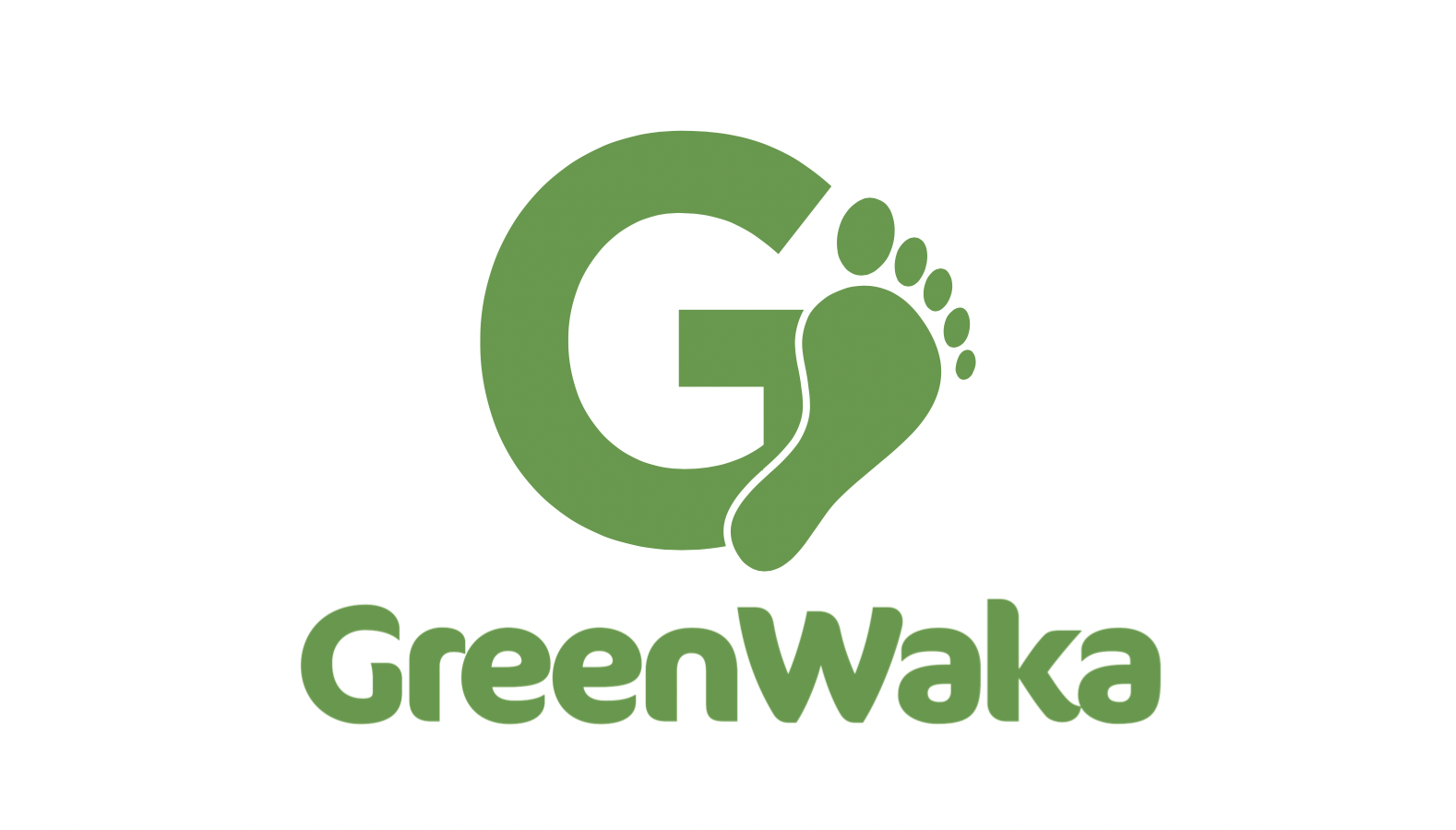Our News
First Carbon Literacy Programme in Nigeria

Green Waka, in collaboration with the UN-recognised Carbon Literacy Project, proudly announces the launch of Nigeria’s first Carbon Literacy programme. Already widely adopted across the UK and rapidly expanding internationally, Carbon Literacy training will help lay the foundation for Nigeria’s just transition to net-zero, by motivating people from all walks of life to devise and deliver their best climate action and ensure the nation’s future prosperity.
Following its pledge at the United Nations Framework Convention on Climate Change (UNFCCC) Conference of Parties (COP26) in Glasgow in 2021, Nigeria is committed to achieving net-zero emissions by 2060. This ambitious target underscores the nation’s dedication to global climate change mitigation efforts. This year, as Nigeria ricochets from drought to flood, the task of becoming more resilient and minimising the future rise in temperatures looks ever more challenging.
To guarantee Nigeria’s swift and just transition to net zero, the skills and energy of its people must be harnessed to address the risks and rise to the opportunities that climate change presents. Public awareness is critical to engaging citizens about the concept of a just transition – one that leaves no one behind as the country moves away from its reliance on fossil fuels.
The Carbon Literacy training framework presents a foundation for spreading mass civic engagement among Nigerians to enable them to contribute to achieving a low-carbon economy fairly and inclusively, and ensure that the benefits and burdens of the transition are shared equitably.
Carbon Literacy training will foster a widespread low-carbon culture in Nigeria, as it is doing in the 26 nations across which more than 700 unique accredited Carbon Literacy courses are already being delivered. The Carbon Literacy Project has certified nearly 100,000 global citizens as Carbon Literate, who together have pledged at least 200,000 actions, saving over 360,000 tonnes of CO2e – the equivalent emissions of approximately 921 million miles driven by a car.
Its unique adaptable framework and cascade delivery model enables Carbon Literacy to reach all audiences. As part of the day’s-worth of training, every learner develops the skills and motivation to devise and deliver climate actions appropriate to who they are, wherever they are. This will unlock a diverse range of solutions to the net-zero challenge – made by Nigerians for Nigeria. In doing so, it will accelerate a net-zero transition that is equitable, inclusive, and beneficial to all segments of society.
The Nigeria Climate Change Act (CCA 2021) promotes public education and citizen engagement as a solid foundation for achieving the country’s low-carbon economic goals.
Speaking about the programme, Michael Mbaike, Co-founder and Lead, Green Waka, said:
“Therefore, unless we ensure mass literacy targeting the people, especially where they are, just transition is almost impossible.”
Phil Korbel, Co-founder and Director of Advocacy, The Carbon Literacy Project, added:
“The renewable power that will drive Nigeria towards a net zero future is that of its people. Urgent action on climate change is driven by facts agreed by the world’s scientists but this language sometimes needs ‘translating’ so that everyone becomes aware of its relevance to them, whoever and wherever they are. This is what Carbon Literacy training does. It also enables anyone to devise their best action in such a way as to make it do-able. Imagining this happening across the largest nation in Africa is full of great potential and it’s great to be a part of it.”
The launch event will be held on 26th June 2024 at Bassan Plaza in Abuja, Nigeria, featuring prominent speakers and panellists including Mr. Laurent De Boeck, Chief of Mission, International Organisation for Migration (IOM) in Nigeria, Eche Asuzu, the Coordinator, Climate Change Unit, Nigeria Labour Congress (NLC) to name a few. The event will conclude with an exclusive press briefing to discuss the programme’s implementation and future steps.